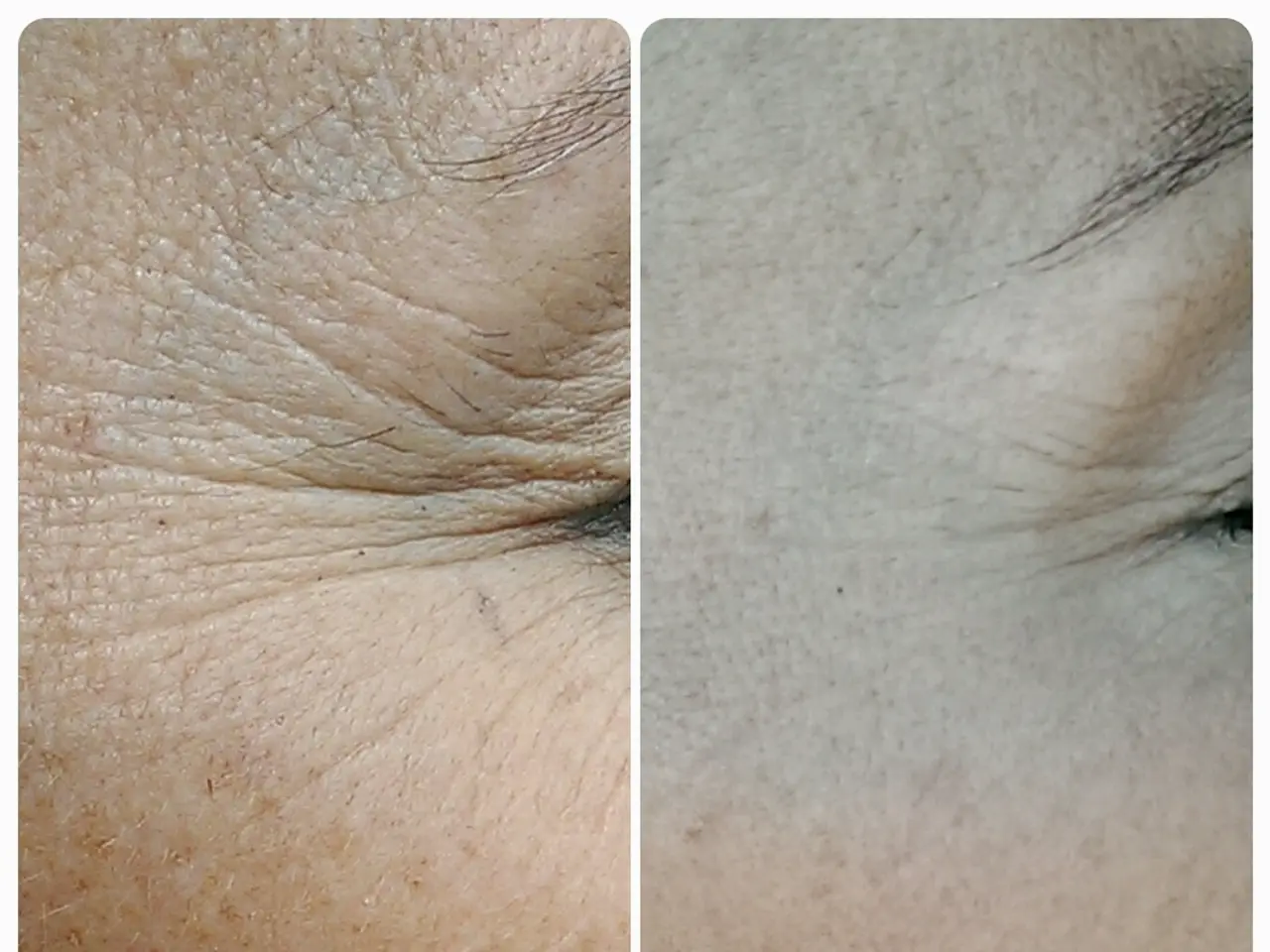Clinical Trial Results for 2025: Ascletis' ASC40 FASN Inhibitor Reduces Acne Lesions by Half
In a significant development for the treatment of acne vulgaris, Ascletis Pharma Inc. has announced the results of its Phase III study for denifanstat (ASC40) at the European Academy of Dermatology and Venereology (EADV) Congress 2025. The presentation was made by Dr. Leihong (Flora) XIANG, M.D and Ph.D., the Principal Investigator of the denifanstat (ASC40) Phase III study. The trial involved 480 patients with moderate to severe acne vulgaris, who were randomized into one active treatment arm and one placebo control arm at a ratio of 1:1. After 4-week treatment, denifanstat (ASC40) showed statistically significant improvements over placebo in multiple efficacy endpoints. These improvements were more pronounced after 12-week treatment, as denifanstat (ASC40) met all primary, key secondary, and secondary efficacy endpoints. The primary endpoints of the trial included percent treatment success, reductions in total lesion count (TLC), inflammatory lesion count (ILC), and non-inflammatory lesion count (NILC). Denifanstat (ASC40) demonstrated significant reductions from baseline in TLC, ILC, and NILC compared to placebo. Specifically, denifanstat (ASC40) had a significant percent reduction from baseline in NILC compared to placebo (51.85% vs 28.94%, P < 0.0001), a greater reduction in ILC (63.45% vs 43.21%, P < 0.0001), and a larger absolute reduction in TLC (58.25 vs 36.17, P < 0.0001). The efficacy results from the Phase III study are summarized in Table 1. Denifanstat (ASC40) demonstrated a favorable safety and tolerability profile, with comparable incidence rates of treatment-emergent adverse events (TEAEs) between denifanstat (ASC40) and placebo (58.6% vs 56.3%). However, the incidence rate of dry skin was higher in denifanstat (ASC40) -treated patients compared to the placebo group (6.3% vs 2.9%), and the incidence rate of xerophthalmia was also higher (5.9% vs 3.8%). The regulatory authority that has conducted the pre-submission consultation for the new drug application of Denifanstat by Ascletis Pharma Inc. for the treatment of moderate to severe acne vulgaris is the U.S. Food and Drug Administration (FDA). Pre-New Drug Application (NDA) consultation of denifanstat (ASC40) with the China National Medical Products Administration (NMPA) is ongoing. These promising results suggest that denifanstat (ASC40) could provide a new, effective treatment option for patients with moderate to severe acne vulgaris. Further analysis and regulatory approval processes will be needed to confirm these findings and bring this potential treatment to market.






